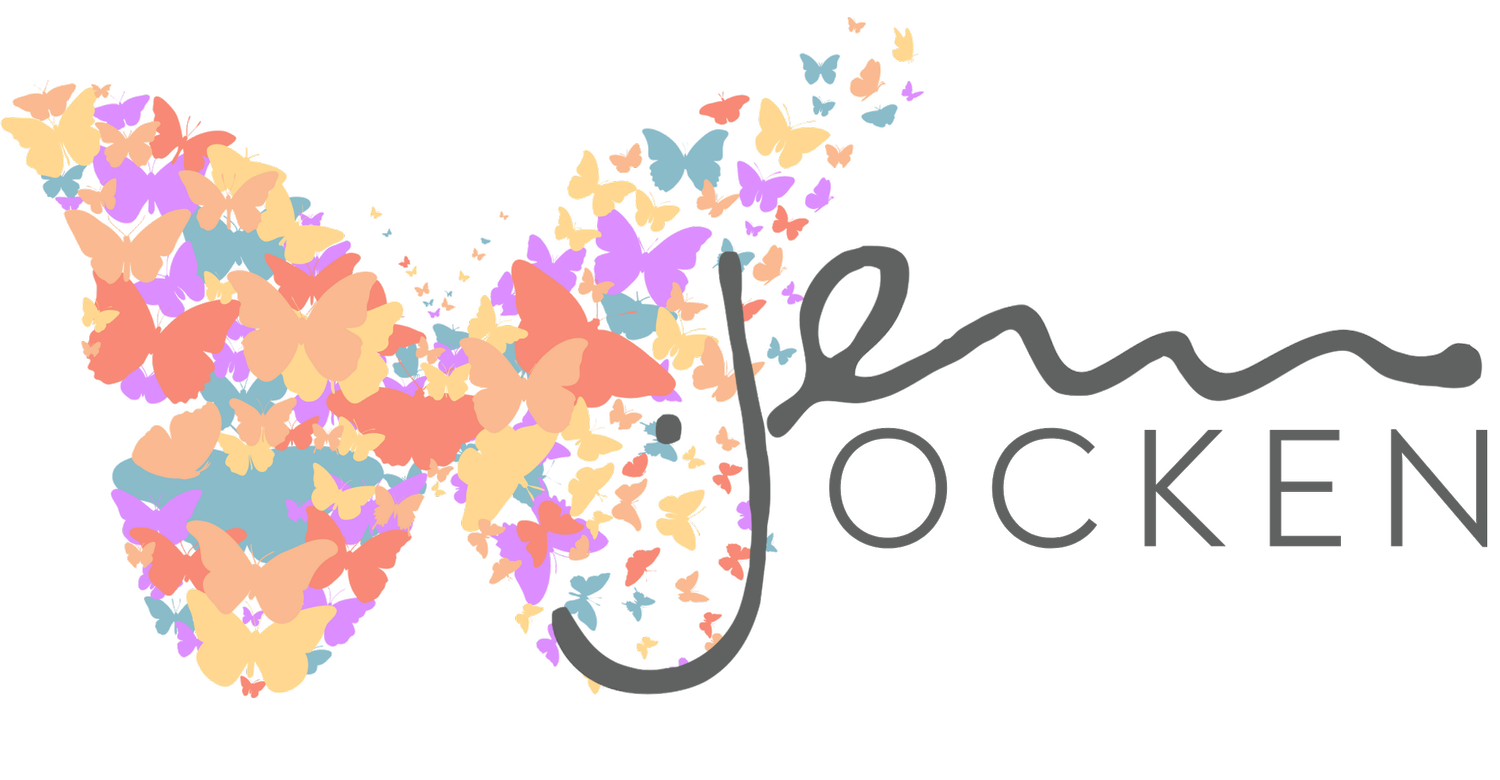The Quiet Denial That’s Holding You Back (Part 1)
(And You Might Not Know It)
You’re not procrastinating because you’re lazy.
You’re not unmotivated because you don’t care.
You’re not stuck because you’re incapable.
There’s something deeper at play—quiet, sneaky, and surprisingly common among thoughtful, creative, purpose-driven people. It’s called implicatory denial. And it might be holding you back from the life you already know you want.
What Is Implicatory Denial?
Implicatory denial isn’t about denying facts or truths (like climate change or burnout). It’s the subtle avoidance of what those truths ask of us.
It sounds like:
“I know something has to change… but I can’t deal with that right now.”
“It’s too late to do anything about it.”
“I’ll start when things calm down.”
“It won’t make a difference anyway.”
It’s denial dressed in realism.
It’s fear in a well-tailored costume.
And it’s stealing your joy.
The Cost of Staying in Denial
When we live in implicatory denial, we may:
Stay busy instead of aligned
Over-intellectualize instead of act
Feel numb, cynical, or resentful
Talk ourselves out of the smallest actions
Loop in shame/guilt/self-doubt without resolution
Feel like a victim in our own life—powerless to change the script
And over time? We stop trusting ourselves. Our inner wisdom gets quieter. And even hope can feel like a luxury.
How to Spot Implicatory Denial in Real Time
Sometimes implicatory denial isn’t loud. It’s not a breakdown or a dramatic refusal to change. It’s quiet. It’s practical-sounding. It hides behind “reasonable” excuses and culturally accepted busyness.
Here’s how it might show up in your life:
The Language of Delay
“I’ll start once I have more clarity/time/money.”
“Let me get through this next thing first.”
“I need to figure it all out before I can begin.”
“I’ll do it when I feel more confident.”
→ Translation: Avoiding discomfort by convincing yourself it’s not the right time to grow.
The Fog of Overwhelm
You’re so flooded with tasks, options, or emotions that you do nothing at all.
You obsess over productivity but feel like you’re never doing enough.
You hyper-focus on details that don’t actually move you forward.
→ Translation: Your nervous system is overloaded, so it’s safer to stay in familiar inaction.
The Thought Loops
“What’s the point? It won’t matter anyway.”
“Even if I try, I’ll just mess it up.”
“Someone else is already doing it better.”
“Who am I to do this?”
→ Translation: Shame is speaking louder than self-trust.
The Performance of Progress
You're constantly “researching,” planning, or taking courses but never fully launching.
You stay busy with things that feel safe instead of impactful.
You make it look like you’re moving forward but avoid the real emotional leap.
→ Translation: You’re protecting yourself from the risk of being seen.
Try This:
If you’re wondering whether implicatory denial is present, try sitting with this:
“What have I been circling around, justifying, or postponing—even though I know it’s part of my next chapter?”
Or:
“What feels hard to admit… because admitting it means I might have to act?”
You’re Not Broken—You’re Just Burned
Implicatory denial isn’t a moral failing. It’s often a nervous system response. It’s what happens when our creativity meets exhaustion. When our desire to do something gets tangled up in the fear of not doing it “right” or “fast enough.”
But there is a way forward. A slower, truer, more creative way.
The Alternative:
What if the answer isn’t more hustle or more pressure…
…but a creative return to what’s already within you?
In the next post, I’ll show you how Creative Adaptive Intelligence gives us a different path through the stuck places. A way to reconnect with your energy, reclaim your power, and take aligned action—even in uncertainty.
And if you're craving a deeper dive—more stories, more reflection, more you-time—I'll be opening up a self-guided series soon. It's called The Creative Return: A Self-Led Reconnection and it’s a quiet, powerful space to come home to yourself. You’ll get journaling prompts, real talk, and maybe even a video or two.
Keep an eye out for it—because your return is already in motion.
Until next time, be gentle with yourself. The truth isn’t here to shame you. It’s here to set you free.



